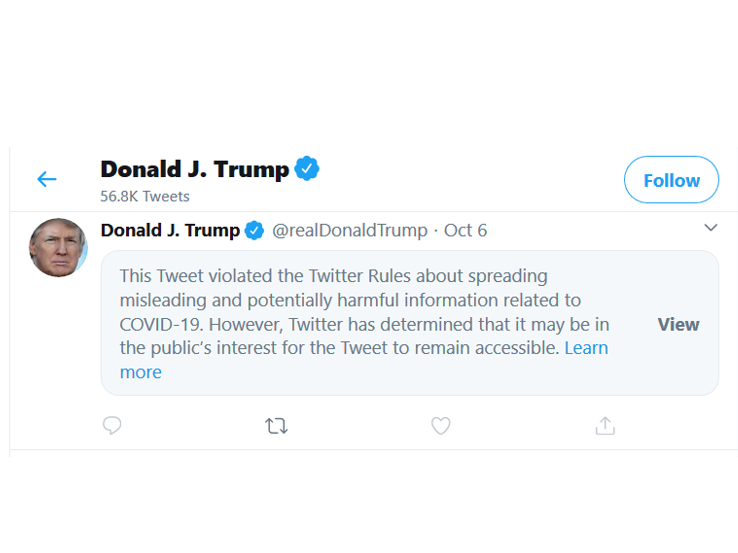I google.
In short that would answer the question ‘how do you find information and knowledge on digital technologies and media?’ However, the manner in which I google has changed as the advancements of the digital world have changed.
When I was younger, I would let google guide me towards the information that seemed helpful. If I had homework on the Tudors or Ancient Egypt, I’d just search ‘the tudors’ or ‘ancient egypt’ into google and most of the information that came up would answer the question I had. This may be because the homework was always fact related either being ‘what year was blank?’ or ‘who was in charge during blank?’ As I got older, the tasks asked of me grew larger and a simple google of the topic title was not enough. However, the links on the first page would usually contain the answer I was looking for. I used to think there was no point in typing out your whole question into the search bar if it was basic enough that it would pop up if you just search the title itself. Gradually this has changed, I find myself typing full sentences into google and still struggling to find the answer to my question. I do not know if the questions I am asking are just too complicated but the speed at which I used to be able to obtain information has definitely decreased. This is partially why I occasionally use TikTok if it is a question which requires the opinion of a human. Asking TikTok is reserved for questions about baking or recommendations or concepts which exist within the digital space, for example new ‘slang’ terms.
When baking it is easy to accidentally add too much of any ingredient, and the results an excessive amount of each ingredient can cause varies, therefore TikTok can visually and verbally inform me of the changes and how to fix it. This is quicker than googling ‘too much butter in cake’ and scrolling through countless ads and links that don’t actually answer your question. I believe I am a part of the majority, as I know many of my friends use TikTok in a similar way. Interestingly, I have noticed a new ‘side’ of TikTok which educates viewers on random features in life that you’ve probably wondered about but never taken the time to google. The main account is called ‘Learning with Lyrics’ and uses an ai generated voice that kind of sounds like Taylor Swift and explains various features of everyday life. There are also other accounts that do similar videos, all identifiable by the starting phrase ‘I’m curious how…’ The most popular being the ‘steel coil’ video, but my personal favourites are ‘how did Helen Keller learn ANYTHING?’ and the ‘gas pump’ video.
I think this indicates a shift in how information is learnt and how knowledge is acquired in this current digital age, as children are learning more from TikTok than any other app. More and more people are using TikTok to fact check rather than a source of information that is regularly verified, for example Wikipedia. The dangers of having an abundance of information released to the public from varying questionable sources are that misinformation is easily spread and it can reach the ears of individuals across the world in a matter of seconds. This means someone can say the wrong thing in a video and in a couple of minutes, someone who knows nothing on the topic has now been educated by the wrong information.
Having identified this as a problem, the next step would be to try and fix it, however I don’t think it can ever be fixed. If a person truly believes that what they’re saying at that point is true, then why wouldn’t they post it? There is no way to force everyone to provide facts and figures for their information. Twitter (X) tried to tackle fake news with the introduction of warnings that informed users that the information in certain tweets was not true. However, this feature is not always accurate and did not prevent all cases of misinformation.

This leaves the issue still unresolved. Is the answer verifying every post someone plans to make? Or is the answer teaching people to fact check everything they see online? At the current rate society is going, the former is probably easier. It’s easier to absorb information in the short forms it appears in on our screens either as TikToks, tweets or reels. When people find the energy to actively seek out the correct information and not just the first account they hear, that is when we will finally tackle misinformation.


I find myself often thinking about the same thing. Who can you actually trust? It may sound simple, but it is so much more difficult to know who is giving misinformation and who is not. It should be taken into account that some might be 100% convinced that their knowledge is true, and that person’s background (political, cultural, etc.)
It makes me question if there is anything like ‘the truth’. It feels rather philosophical if you ask me.